Reaction: Black Lives Matter protesters tear down ‘toxic’ slave trader statue
Home Secretary Priti Patel describes the toppling as ‘utterly disgraceful’ vandalism
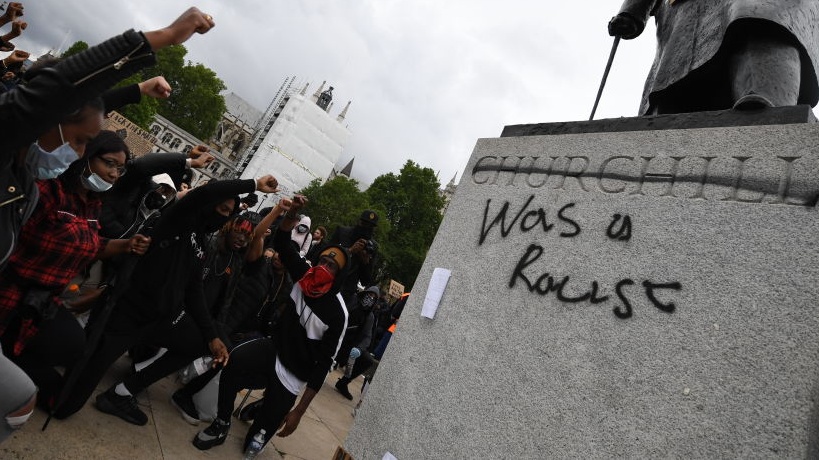
A free daily email with the biggest news stories of the day – and the best features from TheWeek.com
You are now subscribed
Your newsletter sign-up was successful
Boris Johnson has condemned the toppling of a Bristol statue of slave trader Edward Colston during anti-racism protests that the prime minister says have been “subverted by thuggery”.
Writing on Twitter on Sunday evening, Johnson said that while “people have a right to protest peacefully”, the destruction of property is a “betrayal of the cause they purport to serve”.
The Times reports that “police faced questions for failing to intervene” as protesters dumped the statue into Bristol Harbour after using ropes to pull over the Grade II-listed monument and then rolling it down the street.
The Week
Escape your echo chamber. Get the facts behind the news, plus analysis from multiple perspectives.

Sign up for The Week's Free Newsletters
From our morning news briefing to a weekly Good News Newsletter, get the best of The Week delivered directly to your inbox.
From our morning news briefing to a weekly Good News Newsletter, get the best of The Week delivered directly to your inbox.
The toppling came as protesters in London defaced a statue of Winston Church in Parliament Square, with the words “was a racist” painted under the wartime prime minister’s name.
Home Secretary Priti Patel has described the “acts of public disorder“ as “utterly disgraceful“ vandalism by a “thuggish minority”.
And former chancellor Sajid Javid, who grew up in Bristol, tweeted: “I detest how Edward Colston profited from the slave trade. But, THIS IS NOT OK.”
However, Superintendent Andy Bennett of Avon and Somerset Police told the BBC that while the destruction of the Colston statue - which was also daubed with paint - would be investigated, Colston was “a historical figure that’s caused the black community quite a lot of angst over the last couple of years”.
A free daily email with the biggest news stories of the day – and the best features from TheWeek.com
“Whilst I am disappointed that people would damage one of our statues, I do understand why it’s happened, it’s very symbolic,” Bennett added.
Bristol Mayor Marvin Rees agreed that “the removal of the Colston statue will divide opinion, as the statue itself has done for many years”.
But “it’s important to listen to those who found the statue to represent an affront to humanity”, Rees said.
The bronze effigy was erected back in 1895 and has “long been a focal point for anger at the city’s role in the slave trade and the continued commemoration of those who were involved in it”, reports The Guardian.
A petition calling for its removal had been signed by more than 11,000 people, and the toppling yesterday “could be seen as a watershed moment” for Bristol, according to The Times’s Midlands correspondent Neil Johnston.
The Daily Mail says the attack on the monument by a “masked mob” at the “lawless and reckless” protest carries “echoes of the fall of Saddan Hussein”.
Historian and Bafta-winning filmmaker David Olusoga has also drawn comparisons with the fall of the Iraqi dictator. In a tweeted response to a post describing the toppling as criminal damage, he asked: “Is that what you said when they pull[ed] down the statue of Saddam Hussein?”
Speaking to the BBC, Olusoga argued that “removing statues is not erasing history… Statues are about adoration. They’re about saying, ‘This man was a great man who did great things.’ That's not true. He was a slave trader and a murderer.”
However, Olusoga added that the statue should have been taken down “peacefully” and put in a museum - an opinion shared by some other Twitter users.
–––––––––––––––––––––––––––––––For a round-up of the most important stories from around the world - and a concise, refreshing and balanced take on the week’s news agenda - try The Week magazine. Start your trial subscription today –––––––––––––––––––––––––––––––
Who was Edward Colston?
Colston was born to a wealthy merchant family in Bristol in 1636 and went on to work for the Royal African Company, Britain’s largest transatlantic slave trader.
“During his time at the company, between 1680 and 1692, about 84,000 African men, women and children were transported as slaves to tobacco and sugar plantations in the Caribbean and the Americas,” says The Times.
The Guardian adds that slaves were “were branded on the chest with the company’s initials, RAC” and crammed “into ships to maximise profit”.
“Unhygienic conditions, dehydration, dysentery and scurvy killed more than 20,000 during the crossings and their bodies were thrown overboard,” the newspaper reports.
-
 What is the endgame in the DHS shutdown?
What is the endgame in the DHS shutdown?Today’s Big Question Democrats want to rein in ICE’s immigration crackdown
-
 ‘Poor time management isn’t just an inconvenience’
‘Poor time management isn’t just an inconvenience’Instant Opinion Opinion, comment and editorials of the day
-
 Bad Bunny’s Super Bowl: A win for unity
Bad Bunny’s Super Bowl: A win for unityFeature The global superstar's halftime show was a celebration for everyone to enjoy
-
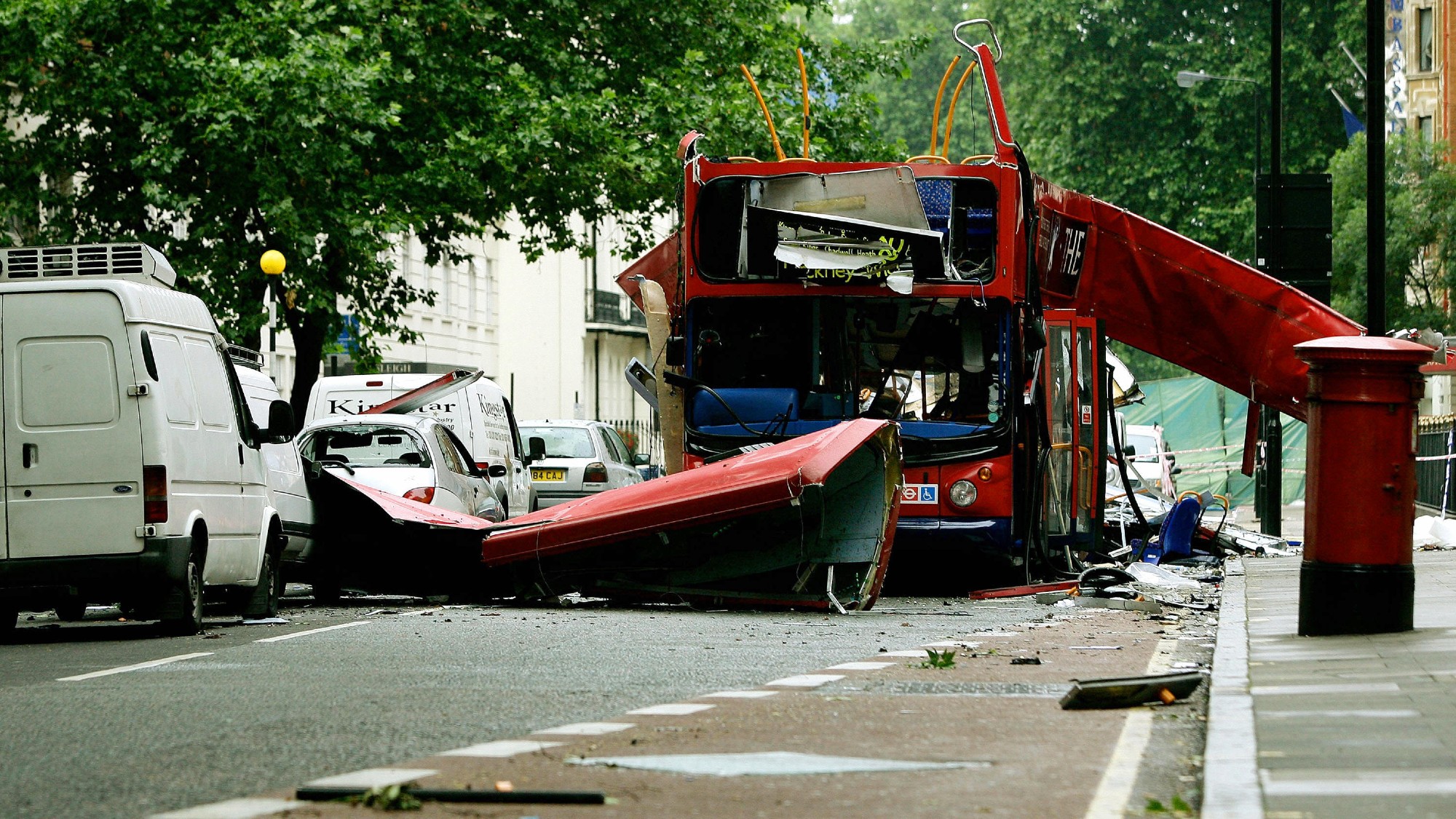 The failed bombings of 21/7
The failed bombings of 21/7The Explainer The unsuccessful attacks 'unnerved' London and led to a tragic mistake
-
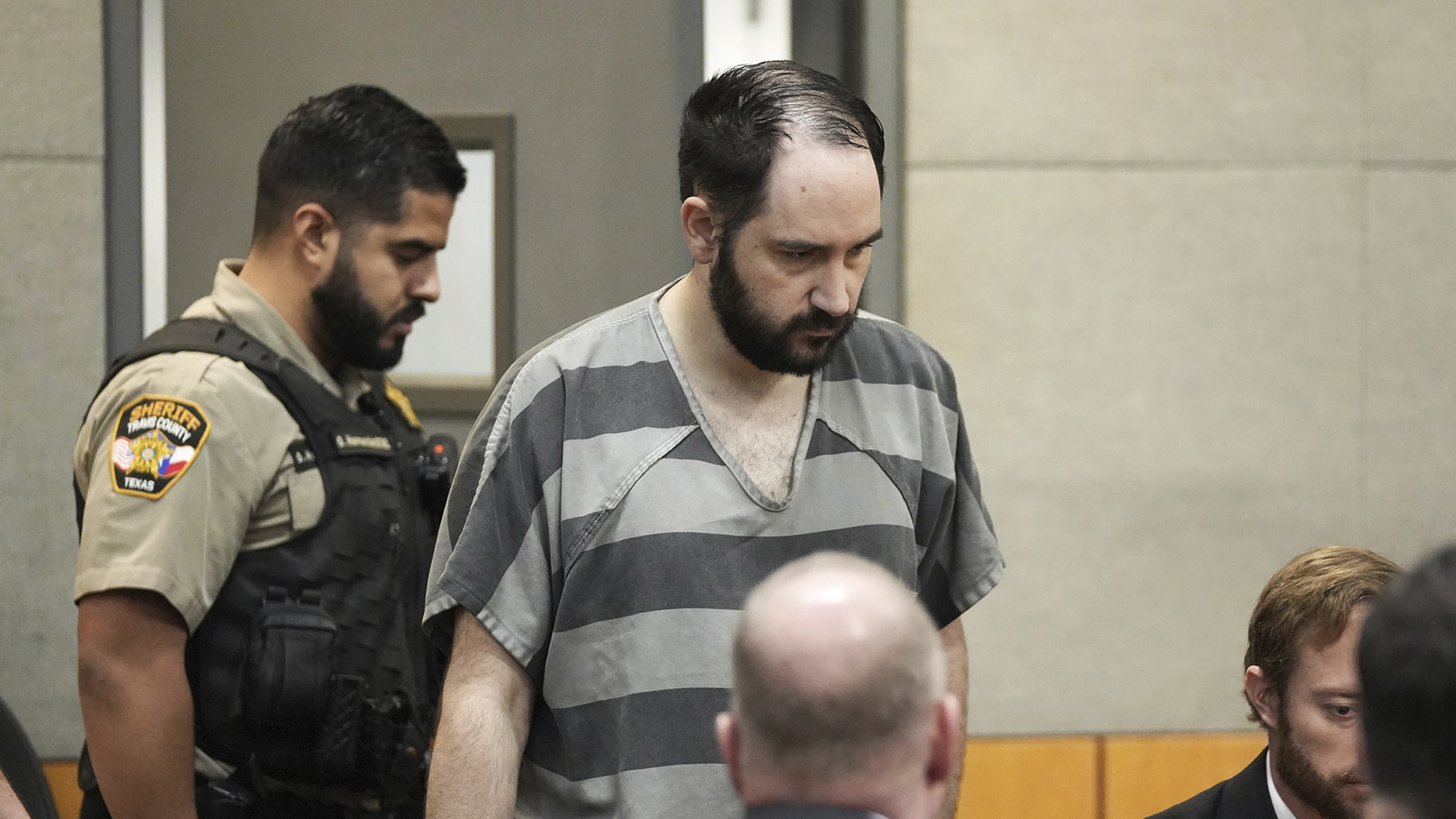 Texas governor pardons man convicted of BLM murder
Texas governor pardons man convicted of BLM murderSpeed Read Gov. Greg Abbott granted a full pardon to Daniel Perry, who shot a Black Lives Matter protestor
-
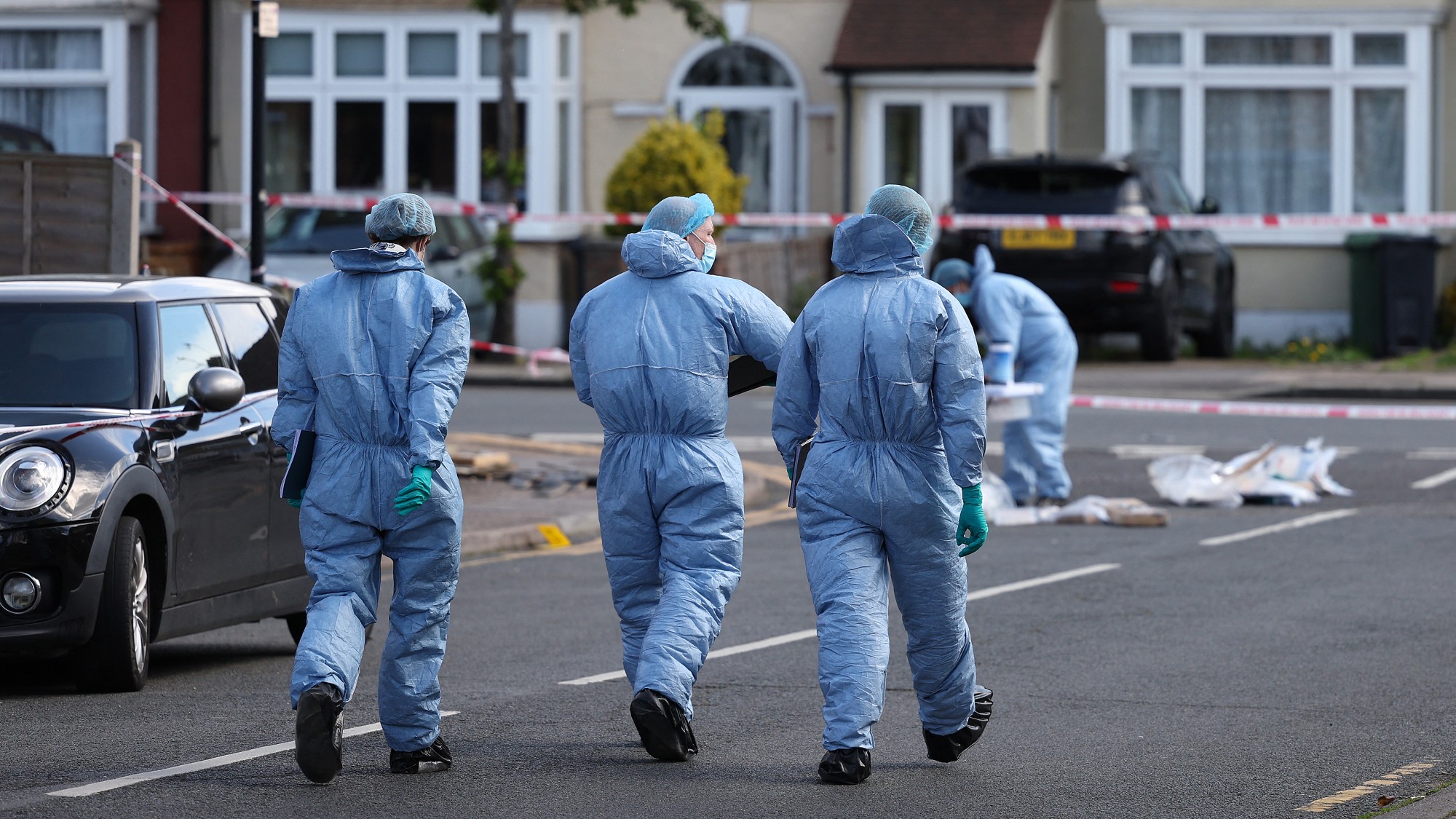 Hainault sword attack: police hunt for motive
Hainault sword attack: police hunt for motiveSpeed Read Mental health is key line of inquiry, as detectives prepare to interview suspect
-
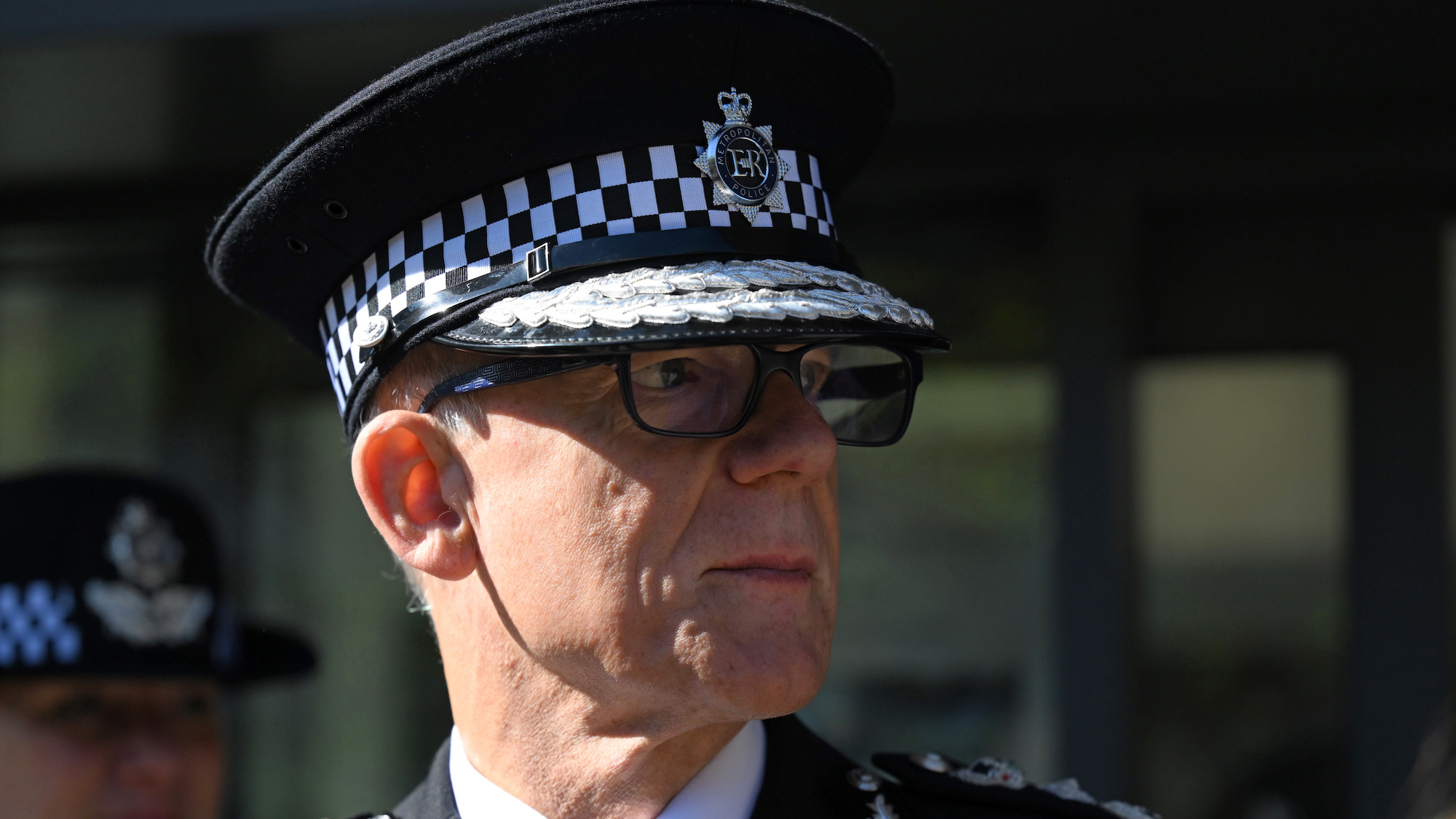 Can the Met Police heal its relationship with the Black community?
Can the Met Police heal its relationship with the Black community?In depth Police chiefs accused of not doing enough to address reported institutional racism
-
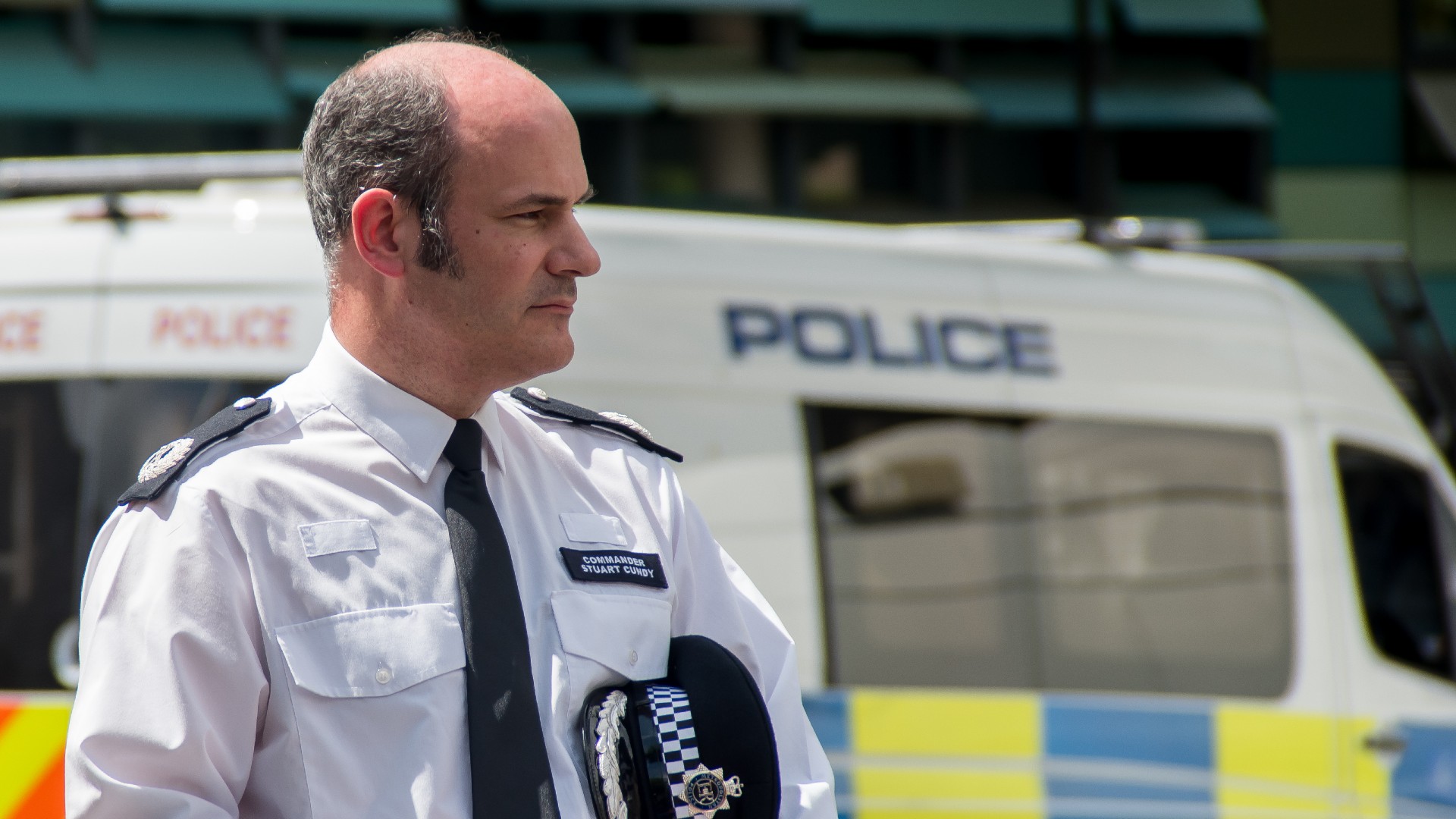 Met Police clean-up: more than 1,000 officers suspended or on restricted duties
Met Police clean-up: more than 1,000 officers suspended or on restricted duties'Eye-watering' figures show scale of challenge to restore public trust
-
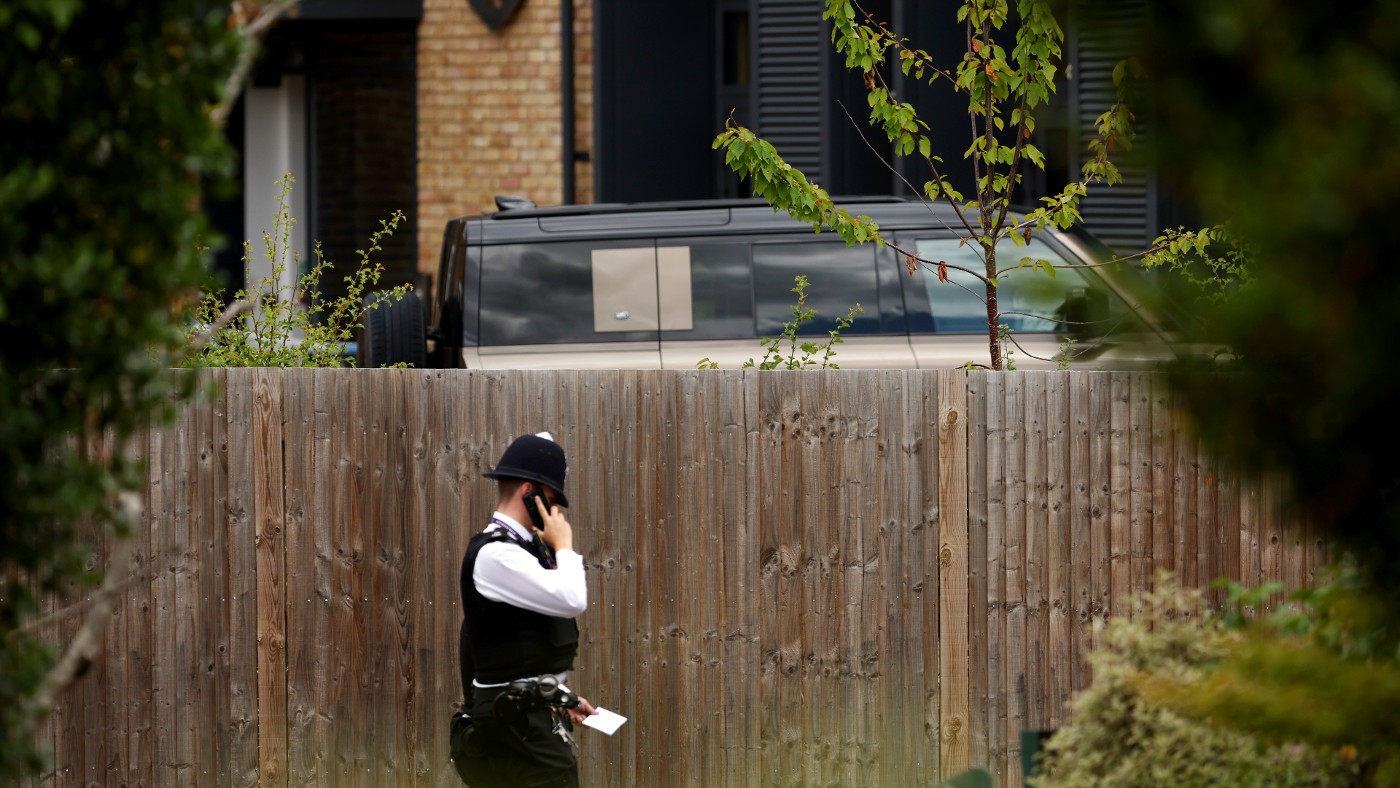 Wimbledon school car crash: tributes pour in for eight-year-old as woman quizzed
Wimbledon school car crash: tributes pour in for eight-year-old as woman quizzedSpeed Read Officers question driver and study CCTV after child died in tragedy
-
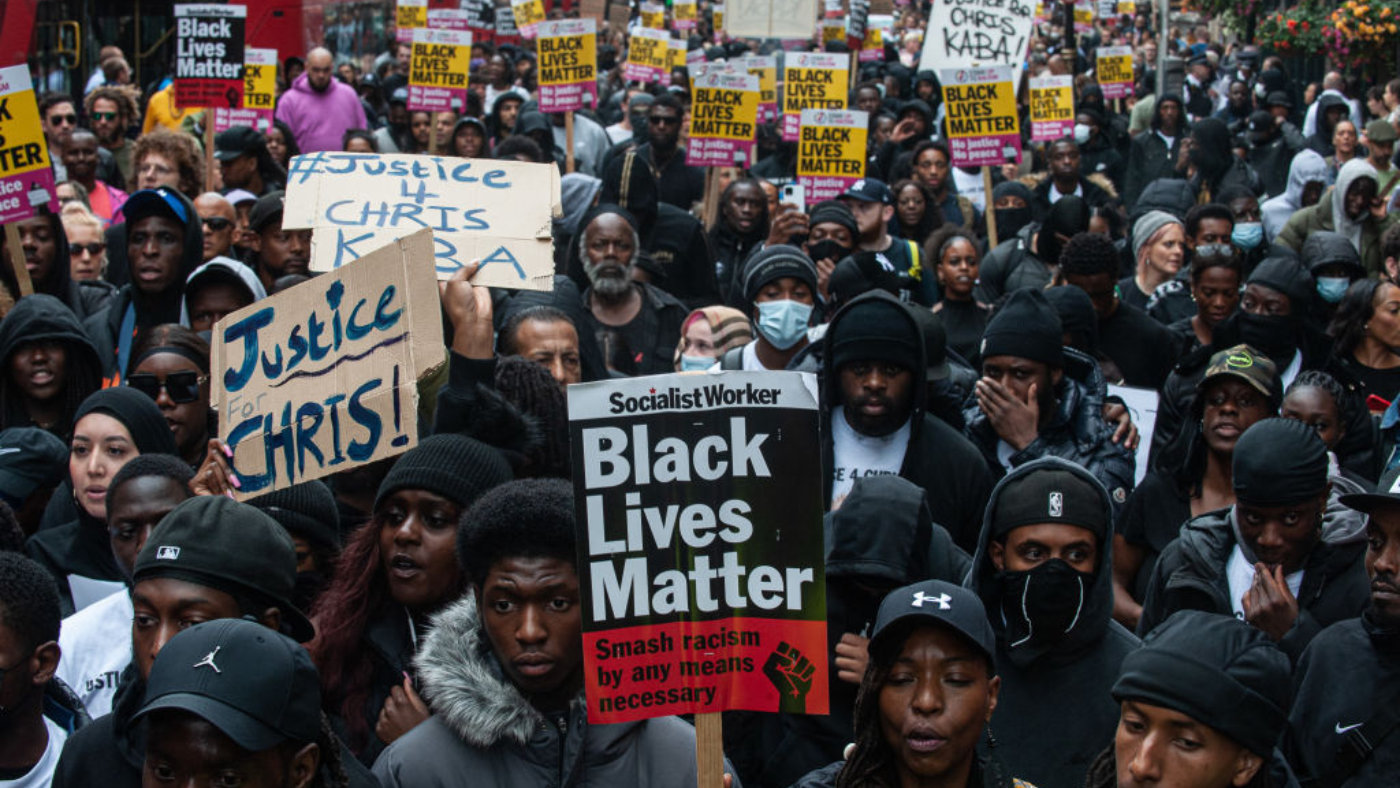 What happened to Chris Kaba?
What happened to Chris Kaba?Speed Read Suspension of police officer who fired fatal shot branded ‘far too little, far too late’
-
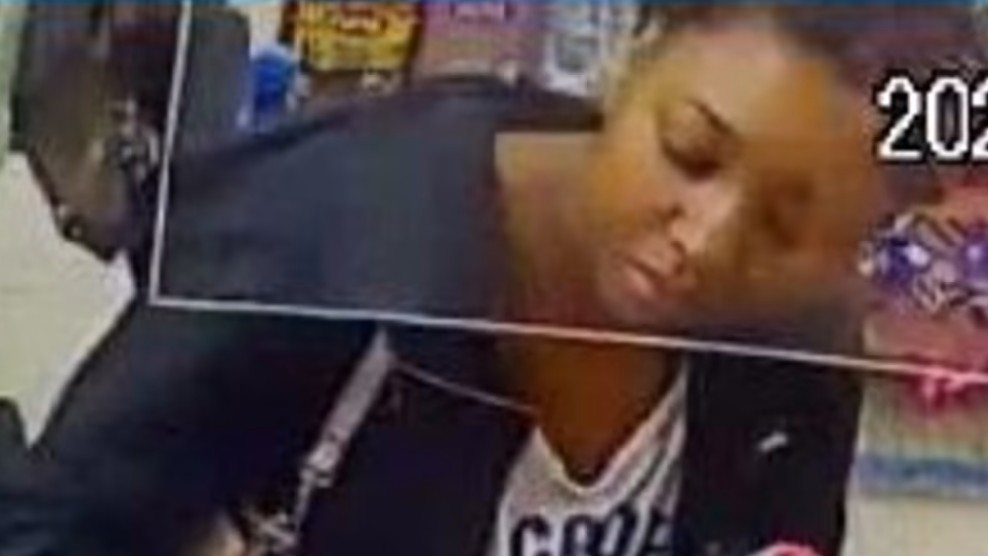 What happened to Owami Davies?
What happened to Owami Davies?Speed Read Student nurse found seven weeks after last sighting